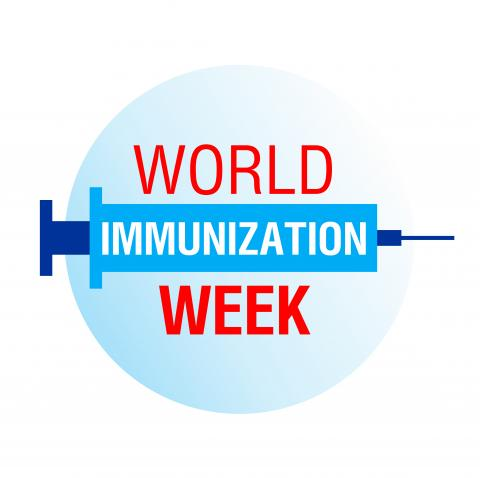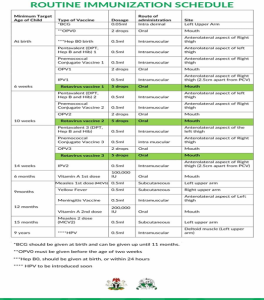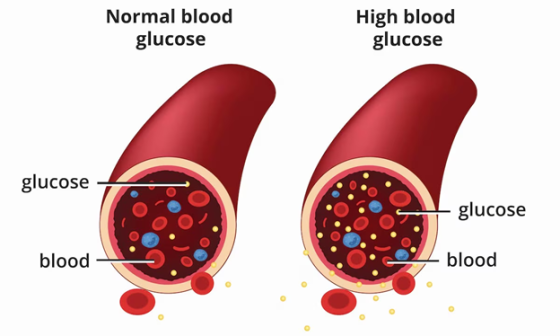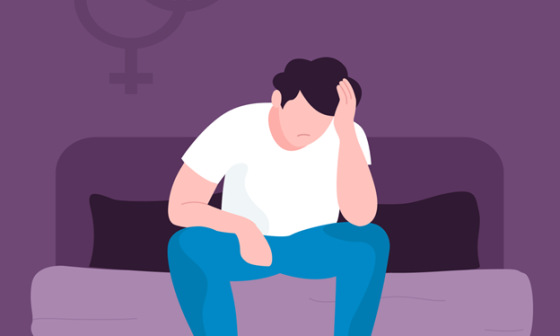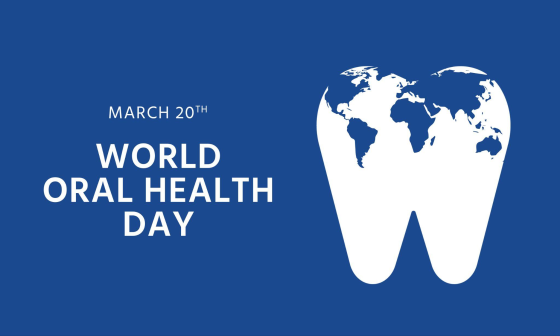Introduction
World Immunization Week (the last week of April) is a yearly event by the World Health Organization (WHO). During World Immunization Week the WHO continues to raise awareness about the importance of immunization.
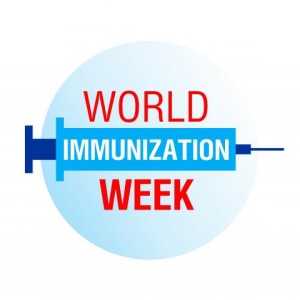
Source: West African Health Organisation
Immunity is the ability of the body to fight off diseases caused by certain bacteria or viruses. Immunity can occur naturally or be conferred through immunization. The natural immune response is activated when an individual is exposed to bacteria and viruses to fight off the disease and keep the body healthy, however, immunity can also be conferred through immunization. Immunization (vaccination) is the safe and effective process by which a person becomes protected against an infectious disease.
Immunization confers protection against the deleterious effects of some harmful bacteria and viruses, although it does not prevent the virus. After immunization, an individual may be infected by a bacteria or virus. The symptoms of the disease are often milder as the immunity conferred protects the individual. Immunization (vaccination) helps the body defend itself against diseases caused by certain bacteria or viruses.
In Nigeria, misconceptions surrounding vaccine efficacy and safety exist in certain communities, which has led to immunization hesitancy. These misconceptions are propounded by misinformation that poses significant obstacles to immunization efforts in the country. In this year’s immunization week and this article, Wellahealth Africa aims to educate about immunization, its types, benefits, and the national immunization schedule to counter these misconceptions about immunization.
History of Vaccines
- Early Practices (10th-18th centuries): The earliest documented attempts at immunization were from China and India around the 10th century. The technique used for vaccination was variolation or smallpox inoculation. Smallpox inoculation was the deliberate act of infecting people with the smallpox virus to confer immunity against the virus.
- The Birth of Vaccination (18th century): In May 1796, an English Physician- Edward Jenner (Father of Immunization) observed that milkmaids who had contracted cowpox, a milder disease related to smallpox, became immune to smallpox itself. Jenner then experimented by injecting a young boy named James Phipps with cowpox pus. James suffered a local reaction and felt unwell for several days; however, he recovered. Two months later, Jenner exposed James to smallpox, and he remained relatively healthy despite exposure and thus became the first human to be vaccinated against smallpox.
- 19th Century and Vaccine Advancements: French scientist- Louis Pasteur developed vaccines for chicken cholera, anthrax, and rabies, laying the foundation for the development of vaccines against other bacterial diseases. Pasteur’s development of attenuated (weakened) and inactivated vaccines paved the way for safer and more effective immunization methods.
- 20th Century and Beyond: The 20th century saw the development of numerous vaccines for diseases like polio, diphtheria, pertussis, measles, mumps, rubella, influenza, and tetanus. Technological advancements allowed for the creation of safer and more effective vaccines.
Immunization Types
Active immunization and passive immunization are the two types of immunization.
● Active immunization: Active immunization is the use of vaccines to stimulate the body’s immunity (natural defence). The body’s immune system responds to the vaccine (toxoid, non-infectious fragment of an infectious organism, or weakened non-disease-causing organism) by producing antibodies that recognize and attack the specific bacteria or virus in the vaccine. When the individual is then exposed to the specific virus or bacteria, the body uses the antibodies it produces to fight off the illness, lessening its overall impact. Active immunity from active immunization is long-lasting and can even be life-long.
● Passive immunization: Passive immunization is the process of giving antibodies against a specific infectious organism (or the toxin produced by an organism) to a person. Passive immunization is for individuals with immune systems that do not respond adequately to an infection; it is also for individuals who become infected before vaccination ( like in rabies virus). Passive immunization is also to prevent diseases in individuals who are likely to be exposed and may not complete their immunization or vaccination series. These antibodies are obtained from the blood or serum of animals that have been exposed to a particular organism or toxin and have developed immunity, pooled human immunoglobulin (blood collected from a large group of people), hyperimmune globulin (individuals known to have antibodies to a particular disease), and antibody-producing cells grown in the laboratory. Passive immunity from passive immunization lasts for a few weeks; thus, it is temporary.
Benefits of Immunization

Source: Midland Healthcare
Immunization is a cost-effective preventive tool for public health advocacy. Immunization strengthens the human body and immune systems to fight off infectious diseases. Furthermore, immunization does not only protect individuals who have been vaccinated but also confers herd immunity for those around them in their communities. Herd immunity is how those who lack immunity against certain diseases are protected; it occurs in a community if many persons have become immune to a disease either through previous infection or vaccination (immunization).
The National Immunization Schedule
Source: National Primary Health Care Development Agency
Conclusion
Wellahealth advocates for immunization and believes everyone has roles to play in ensuring strong immunization coverage in Nigeria and Africa. Unvaccinated individuals should get vaccinated and update their family’s records with the most up-to-date recommended vaccines. Wellahealth also advises that every individual talk to a doctor if they have questions or concerns about vaccines, as we provide affordable plans for as low as #1700. These plans grant access to our users to discuss with a trusted healthcare professional. Send us a message on WhatsApp today!
Dr. Ifeoma Uduh, Dr. John Afam
